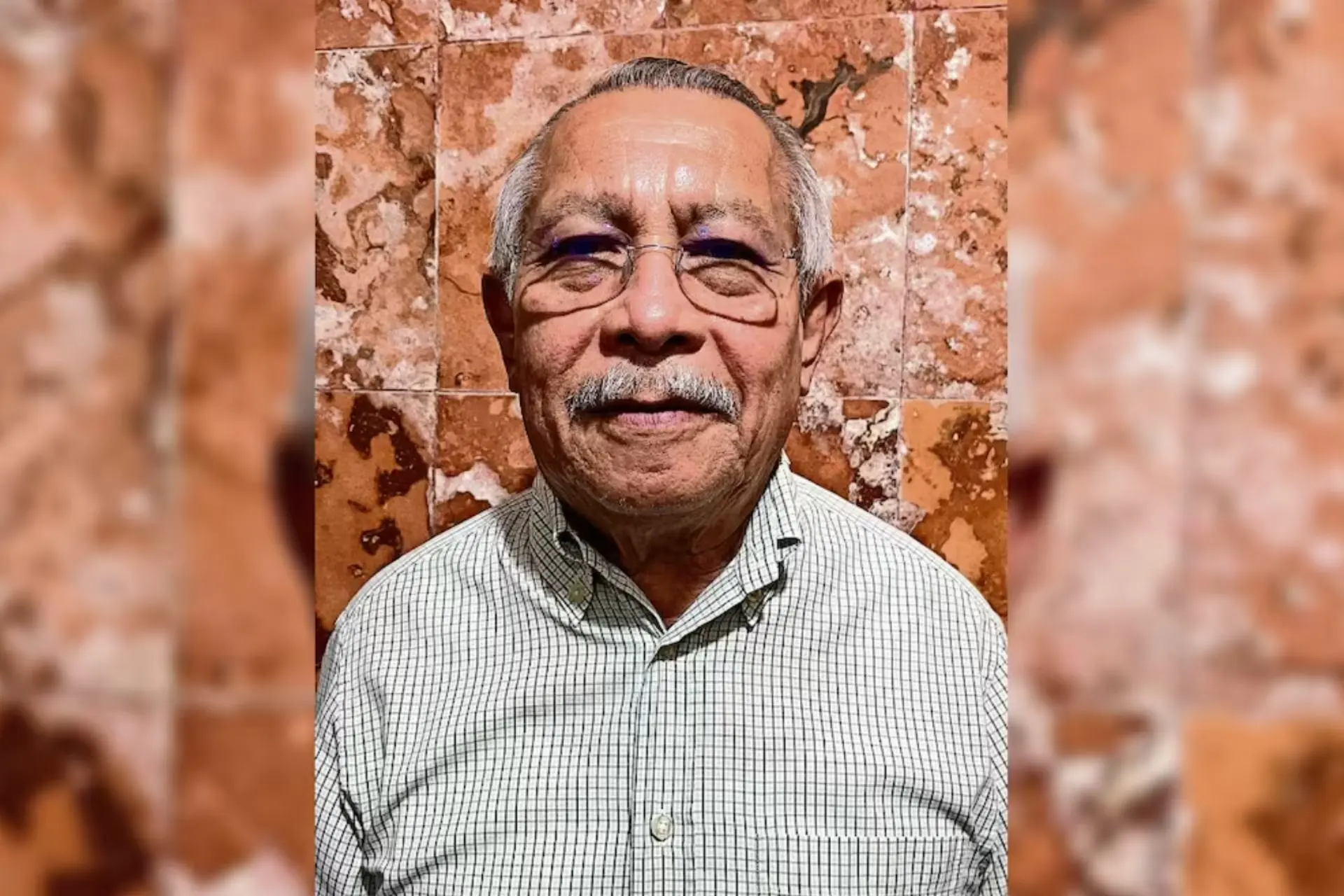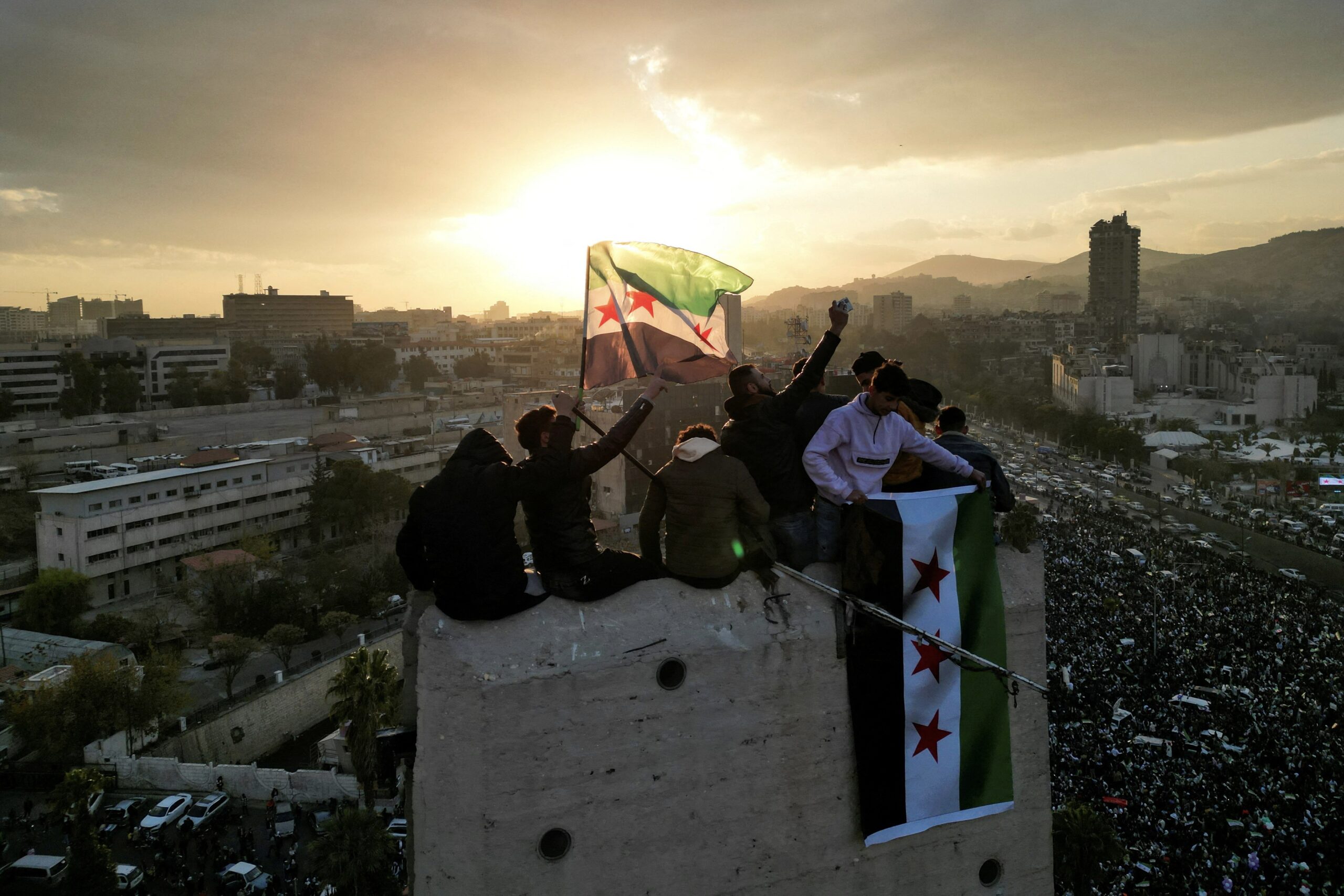On July 21st, Palestinian journalist Tamer al-Zaanin was shot and killed by Israeli forces during a military operation in al-Mawasi, Khan Younis, a coastal area that had been designated by Israel as a humanitarian “safe zone.” Al-Zaanin was reportedly documenting conditions in the area when Israeli special forces launched a raid on a medical facility sheltering displaced civilians. The attack, according to eyewitnesses and humanitarian groups, involved live fire that struck multiple people, including media workers and medics.
Al-Zaanin’s death adds to the devastating toll on Gaza’s press corps. He is among over 228 journalists reported killed since Israel’s assault on the enclave began in October 2023. Press freedom organisations, including Reporters Without Borders (RSF), have described Gaza as the most dangerous place in the world for journalists. At least 46 of those killed are believed to have been deliberately targeted by Israeli fire, according to RSF, which has submitted several cases to the International Criminal Court for investigation.
The raid that killed al-Zaanin was part of a broader Israeli offensive that has repeatedly struck areas designated for civilian protection. Human rights groups have raised alarm over Israel’s continued attacks on sites marked as humanitarian zones, including schools, hospitals, and shelters. Al-Mawasi had been explicitly identified by Israeli authorities as a refuge for displaced Palestinians, yet it has come under repeated assault in recent weeks.
The targeting of media personnel in this context violates international humanitarian law, which affords journalists the same protections as civilians during armed conflict. UN Security Council Resolution 2222, passed in 2015, specifically calls on all parties to prevent violence against journalists in war zones.
Al-Zaanin’s death has been met with outrage across Palestinian media circles and condemnation from international press freedom groups. His killing reflects the extreme risks journalists in Gaza face simply for reporting from the ground. As calls grow for accountability and independent investigations, the death of Tamer al-Zaanin serves as another stark reminder of the high cost of bearing witness in a war zone.





